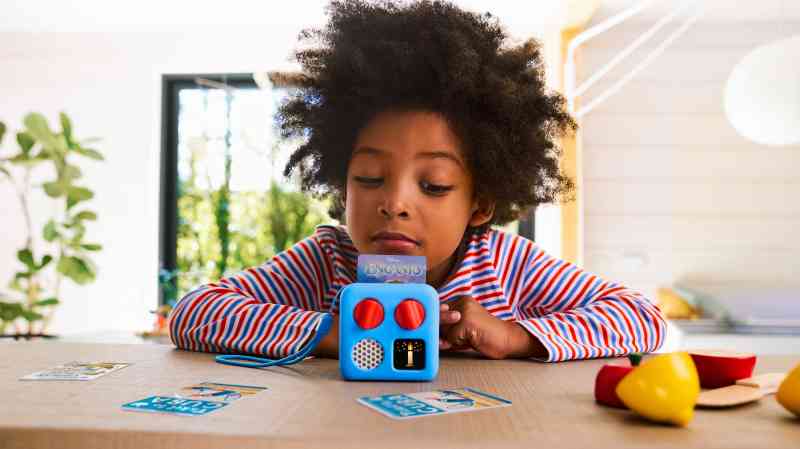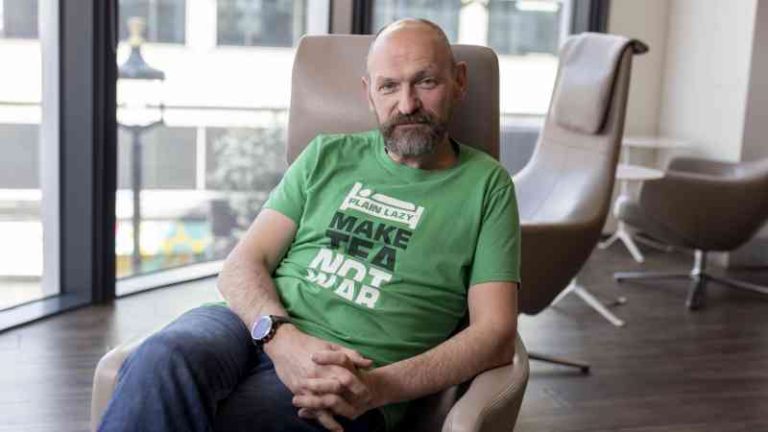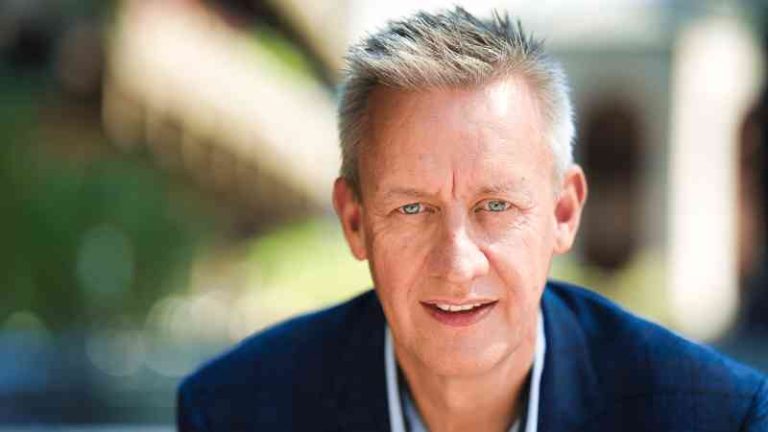Start-up Yoto conjures Harry Potter magic
In a world where smartphones are increasingly seen as dangerous to children and teenagers, prying the young away from screens in their formative years seems ever more important. The tech entrepreneur Ben Drury thinks he has the answer, all with a little help from his friends.
Yoto, a British start-up that has created a child-friendly device that plays music and audiobooks, has already won investment from Sir Paul McCartney and the late Roald Dahl’s family estate.
More recently, Yoto added Mark Zuckerberg, the Facebook co-founder, and his wife, Priscilla Chan, to its high-profile investors, all in the name of the company’s mission of “screen-free audio for children”.
And now the company has secured the rights to the entire Harry Potter catalogue of audiobooks — something that Yoto’s millions of customers have been demanding for years.
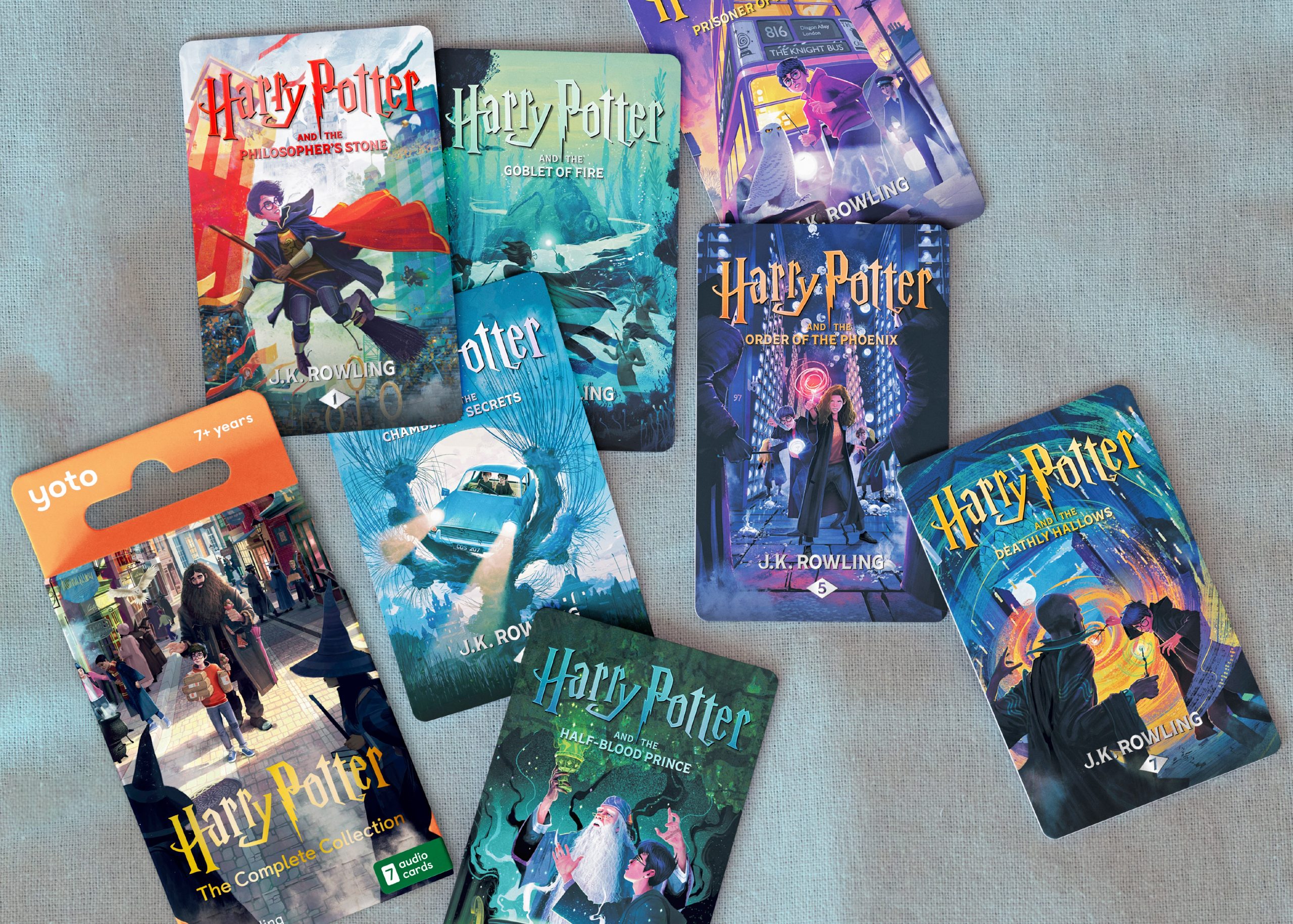
For the uninitiated, a Yoto player is a somewhat utilitarian-looking grey box with two orange knobs on the top. Cards costing £3.99 upwards can be bought that have a small computer chip containing a special ID number that unlocks content when inserted into a slot on the top of the player. Yoto generated £51 million in sales last year and has finally broken even after eight years of losses.
The business is the brainchild of Drury, a former music technology entrepreneur, and his business partner, Filip Denker.
Drury, 49, made his fortune by co-founding 7digital, a company that helped to put music on to phones made by Samsung, BlackBerry and HTC. The business floated on London’s alternative investment market in 2014, allowing Drury to step aside to spend more time with his family.
“Yoto wouldn’t have come about if I hadn’t had kids,” he said.
It was not long before Drury became irritated by his children asking for him to put on something on his smart speaker to keep them entertained — a bugbear that led to a kernel of an idea.
“I could see even with my one-year-old, every time they wanted to listen to some nursery rhyme, I had to get out my phone. I had to just update Sonos or something similar. There was always a parental action involving a screen,” he said. “We came up with this simple idea: let’s create a user interface for children that allows them to basically be in control and choose what they want to listen to.”
A prototype was produced in Sheffield at a company called Pimoroni, which makes add-ons for the celebrated British computer maker Raspberry Pi.
“Both of us had never built our own hardware. And we were like, ‘How hard can it be?’ Well, it turns out it’s pretty damn hard,” admitted Drury. Only 750 units were built.
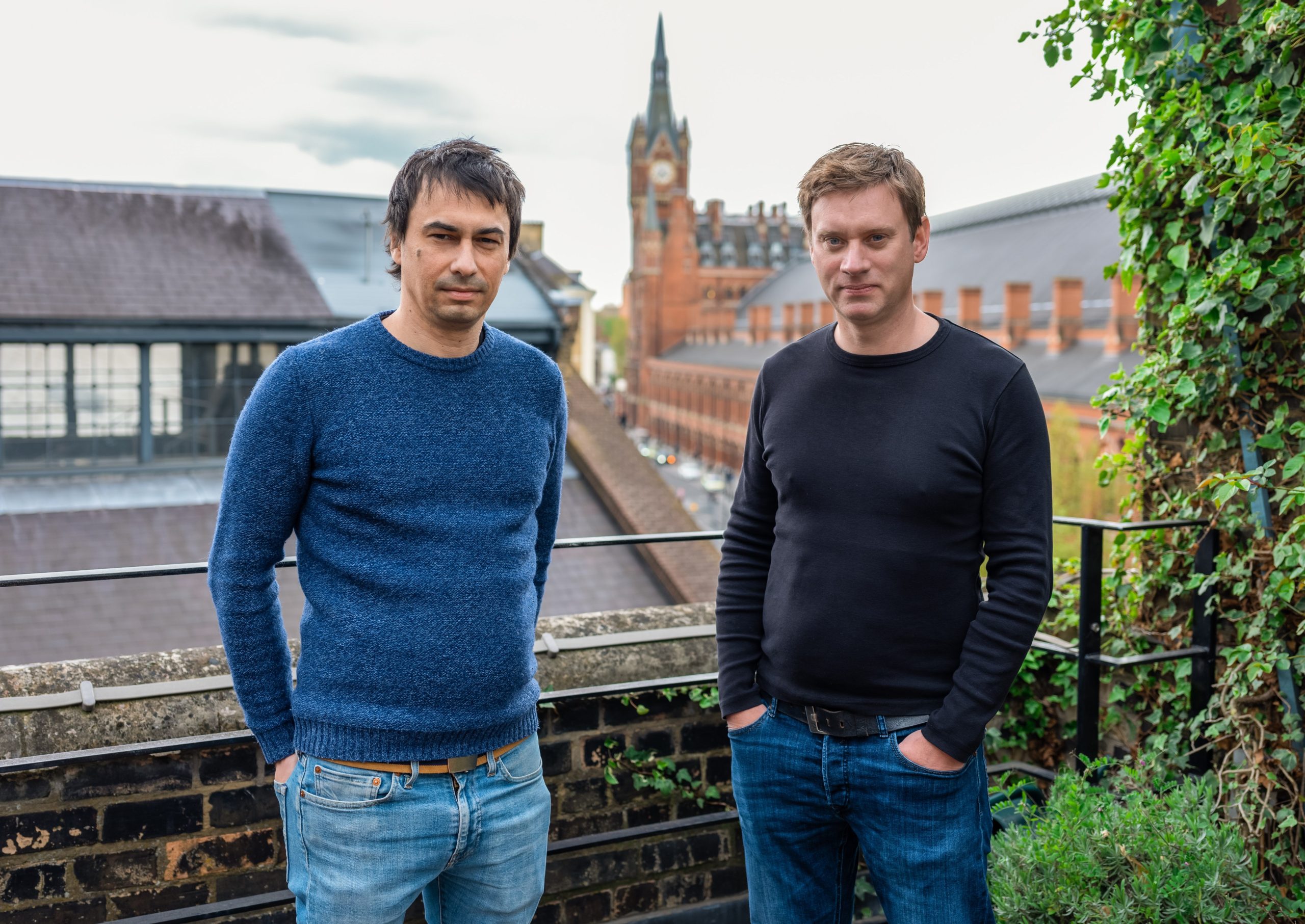
McCartney’s investment came through a music industry connection. It was an injection that would prove pivotal.
“We knew a guy that was running Paul’s family office,” Drury explained. “And it just so happened that that year McCartney had a kid’s book coming out called Hey Grandude!, published by Penguin Random House. It was just one of those kind of serendipitous moments. After all, he doesn’t do a lot of investments.”
Drury remembers vividly the hour he spent with McCartney at his office in Soho Square in 2018. “He loved it. He actually had some really good suggestions,” Drury said. “And he definitely opens quite a few doors. Paul actually ended up investing three times in the business.”
The Penguin Random House link-up emboldened Drury to tap the publisher up about obtaining the rights to Roald Dahl’s back catalogue. “We met Luke Kelly, the grandson of Roald Dahl — and he loved it.” Not only did Yoto get the Dahl collection but Kelly joined the company’s board.
“It was amazing to have one of the biggest names in music and then one of the biggest names in children’s literature.”
After missing a planned mass market launch for Christmas 2019, Yoto debuted in the UK the next February — a month before Covid swept across the planet. Yet in June 2020, Drury took the bold decision to launch in the United States even though the company had “no one on the ground, we couldn’t travel there”.
The US is now Yoto’s biggest market. Put together with Canada, North America accounts for two thirds of the company’s sales.
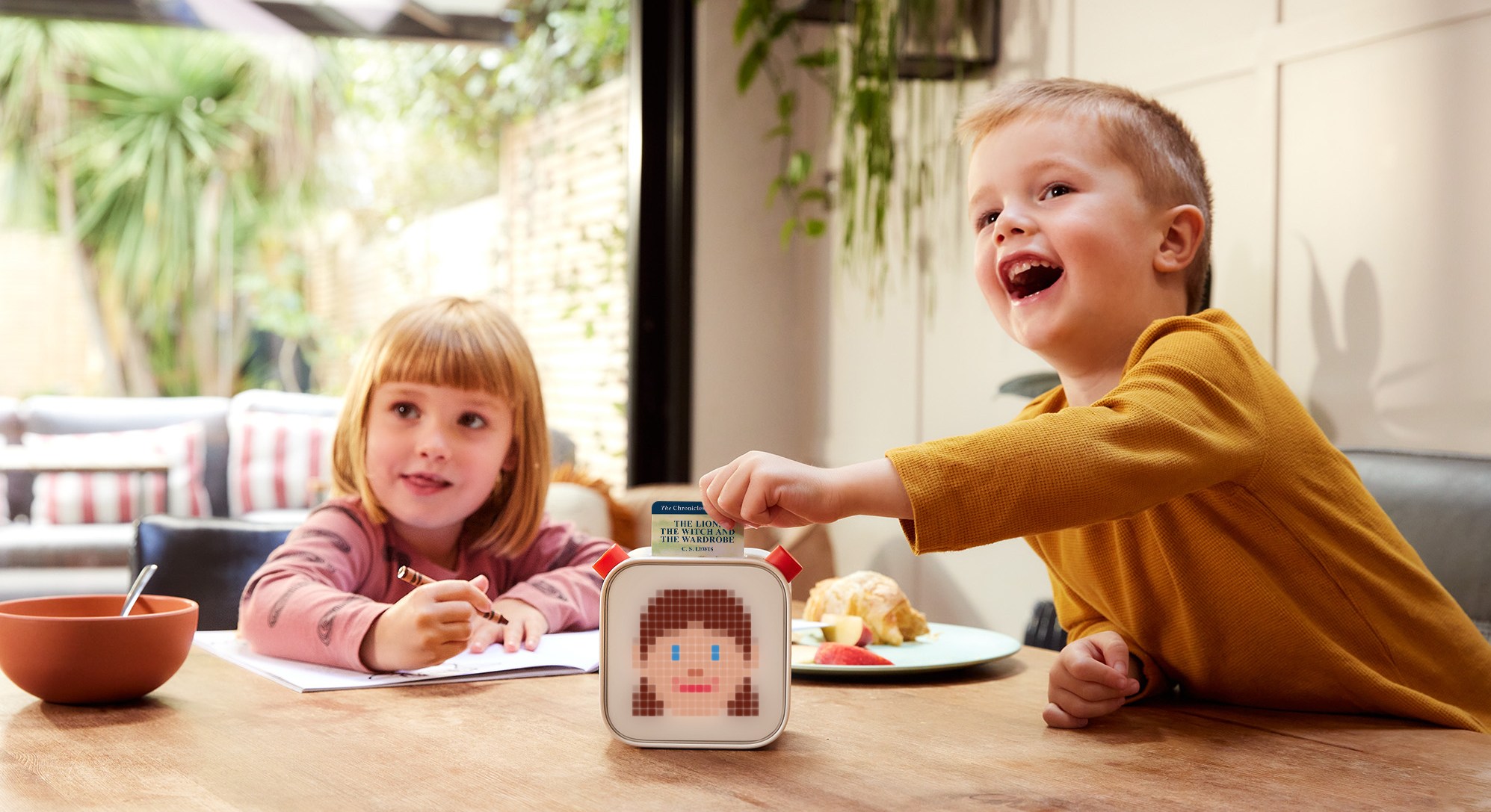
Drury is oddly secretive about precisely how many units Yoto is selling, citing commercial confidentiality. But when pushed he admits that “we are reaching millions of children now through our products”.
The company’s only rival of note is Tonie, a German outfit that has enjoyed success with a similar model — but by selling plastic figurines that are placed on top of the box instead of the card that is inserted. Listed on the Frankfurt stock exchange, it boasts a market value of more than €800 million — annual sales are in excess of €350 million, nearly five times Yoto’s turnover.
Drury sees no reason why Yoto cannot replicate and then surpass the success of Tonie. And securing the Harry Potter rights are a crucial part of surpassing the exploits of its continental counterpart.
“We always survey our customers to see what they want to see on Yoto. And consistently throughout multiple years, the No 1 requested item is Harry Potter,” Drury said.
Asked why this is important, when children can listen to the wizarding series on an iPhone or Alexa, he responded: “The No 1 reason is that it’s a child-led experience. Kids are in control. The parent, the only thing a parent has to do with the other is to get it online for the first time. Once that has been achieved, that’s it.”
“Also, there’s so many more things you can do with Yoto that you can’t do on, say, Audible or Spotify. You can create your own content. So a big part of Yoto is the make-your-own aspect so that people can create their own stories. They can record music lessons … you can’t do it on those other platforms.”
You never know, the next rival to the Beatles could launch their music career on a Yoto. That, or as a budding paperback writer.
